Support for South American researchers – Award winners

Barbara DA SILVA
The role of blood vessels in axon regeneration
Directeur de thèse : Victor Resende
Lieu de thèse : Laboratório de Neuroquímica – Rio de Janeiro – BRÉSIL
Blood vessels and nerves often run in parallel during development, what reflects their functional and physical interdependency. In a regenerating peripheral nerve, blood vessels play an important role on guiding the formation of the bands of Bügner. Here we investigate the vascular patterning in a model of CNS where axon regeneration can be induced providing insights into role of blood vessels in the CNS regeneration.
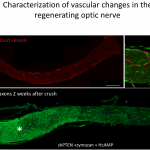
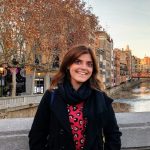
Gisela LAZZARINO
Neural mechanisms involved in the control of energy intake: aspects related to the homeostatic, hedonic and neurosteroidogenic pathways
Directeur de thèse : Jorge Guillermo Ramos
Lieu de thèse : Facultad de Bioquímica y Ciencias Biológicas – Ciudad Universitaria – Paraje El Pozo S/N Santa Fe – ARGENTINA
My PhD thesis provided novel insights into the mechanisms through which ‘junk-food’ feeding disrupts different brain pathways that controls energy intake, at different time periods.I studied the effect of an obesogenic diet in energy intake, evaluating the brain homeostatic, and hedonic systems, and the hypothalamic neurosteroidogenesis. Besides, I evaluated if all these signals were reprogrammed in progeny, as a consequence of the maternal diet.
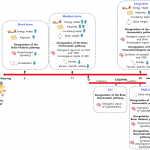
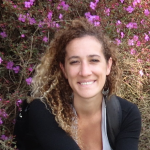
Pamela LOPES DA CUNHA
Stress can generate memories through the mechanism of behavioral tagging?
Directeur de thèse : Haydee Viola
Lieu de thèse : Laboratory of Learning and Memory, Institute of Cellular Biology and Neuroscience – Buenos Aires – ARGENTINE
I have studied the impact of mild stressors to promote memory stabilization in situations in which learning should lead to transient memories. In rodents, I showed that an elevated-platform (EP) experienced at a specific time close to a weak learning, promotes the formation of long-term memory (LTM) in different tasks. However, the LTM consolidation is prevented by the EP when learning is strong. In humans, I showed that exams can improve or reduce the memory of unrelated information acquired at classroom. These results are consistent with the behavioral tagging hypothesis of memory consolidation.
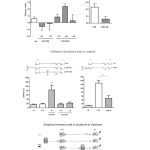

Bárbara Yael BRAZ (Argentine)
Emiliano MARACHLIAN (Argentine)
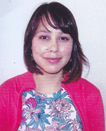
Yorka MUNOZ (Chili)
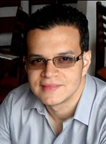
Rodrigo Alejandro SIERRA ORDONEZ (Brésil)

Andrés Martin TOSCANI (Argentine)
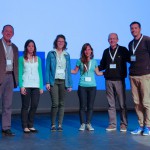
Francina Agosti (Argentine)
Fernando Baidanoff (Argentine)
Maria Belen Pardi (Argentine)
Mariela Escande (Argentine)